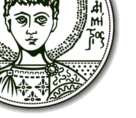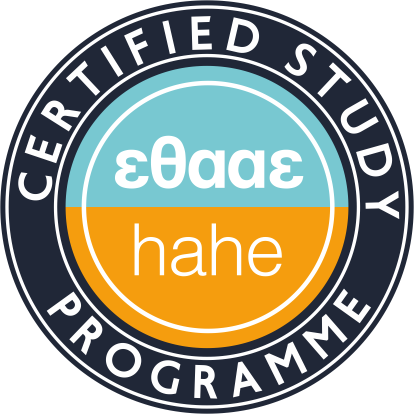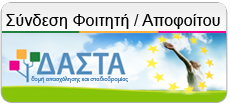Sophia A. Xenophontos
Sophia A. Xenophontos
Associate Professor of Greek
Sophia Xenophontos obtained her BA in Classical Studies from the University of Cyprus in 2007 (awarded with Excellent). She holds a Master of Studies in Greek Language and Literature from the University of Oxford (awarded with Distinction in 2008). Her doctoral thesis was undertaken at the University of Oxford between 2008 and 2011 under the supervision of the Regius Professor of Greek Christopher Pelling and focused on ethical education in Plutarch. Her postgraduate studies were funded by the Alexander Onassis Foundation and the A.G. Leventis Foundation. During her academic career she first taught Greek at the University of Oxford (2010–2011) and was subsequently Visiting Lecturer at the Department of Classical Studies and Philosophy of the University of Cyprus (2012–2013), Postdoctoral Research Fellow at the Université libre de Bruxelles (2013–2014), and Lecturer in Classics (2014–2018) and Assistant Professor of Classics at the University of Glasgow (2018–2022). Since 2022 she has been Associate Professor of Greek at the Aristotle University of Thessaloniki.
Her research interests lie in the Greek literature of the first centuries CE, with special emphasis on Plutarch and Galen; the reception of the classical tradition in Byzantium and the period of the Modern Greek Enlightenment; the exegetical tradition especially on works by Aristotle; and the history of emotions, of psychotherapy, and of medical deontology in antiquity and the middle ages.
She is the author of the following 4 books:
(1) Medicine and Practical Ethics in Galen (Cambridge: Cambridge University Press, forthcoming).
(2) Georgios Pachymeres, Commentary on Aristotle, Nicomachean Ethics: Critical Edition with Introduction and Translation (Berlin: De Gruyter, 2022),
(3) Theodore Metochites’ On Morals or Concerning Education: Introduction, Translation, and Notes (Cambridge, Mass.; London: Harvard University Press, 2020), and
(4) Ethical Education in Plutarch: Moralising Agents and Contexts (Berlin, Boston: De Gruyter, 2016).
She is also co-editor of the following 4 volumes:
(1) The Reception of Greek Ethics in Late Antiquity and Byzantium (Cambridge: Cambridge University Press, 2021),
(2) Other Psychotherapies, special issues for the journal Transcultural Psychiatry, vol. 57.5, 2020,
(3) Brill’s Companion to the Reception of Plutarch (Leiden Brill, 2019), and
(4) Greek Medical Literature and its Readers: From Hippocrates to Islam and Byzantium (London-New York: Routledge, 2018).
Additionally, she has published a total of 43 other studies (articles, chapters, book reviews) in top-rated international academic journals and edited volumes subject to peer review.
In the UK she was Project Leader and Principal Investigator on three research projects funded by the Wellcome Trust, the Arts and Humanities Research Council (AHRC) and the Carnegie Trust respectively. The overall grant portfolio from research projects, scholarships, prizes and awards amounts to £628,000 (€717,554). She has received invitations to present her research in various universities across the globe (USA, the UK, Germany, Belgium, Austria, Italy, Span, Switzerland, Cyprus and elsewhere) and she has organised 4 international conferences herself. She is a member of the editorial board for the international journal Imago temporis: medium Aevum, Fellow of the Higher Education Academy (HEA) in the UK, anonymous reviewer of articles submitted to 13 academic journals worldwide (e.g. Classical Quarterly, American Journal of Philology, Harvard Studies in Classical Philology), and referee for book manuscripts submitted for review to 4 important publishers, including Oxford University Press. She is also external reviewer for funding applications submitted to 7 funding bodies in the UK, in Ireland, Belgium, Poland and Greece. She is external collaborator on many research projects, e.g. the Commentaria in Aristotelem Graeca et Byzantina (CAGB) project under the auspices of the Berlin-Brandenburg Academy of Sciences and Humanities, and has organised seminars and other events aimed at the spread of Humanistic Studies in secondary schools in the UK.


